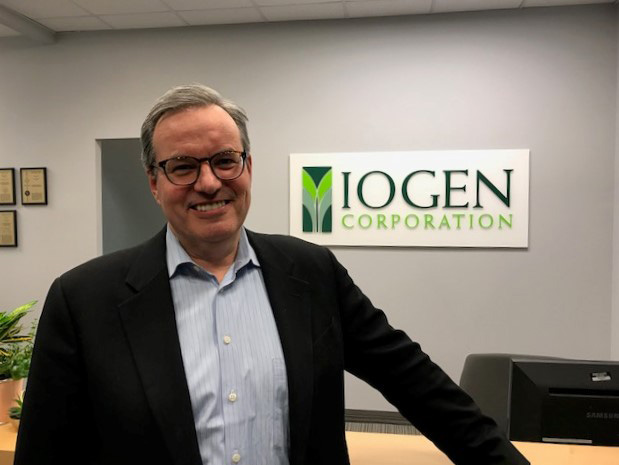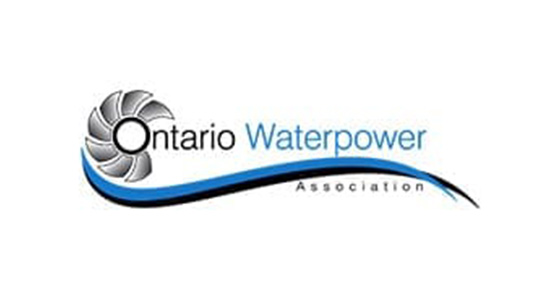Iogen

Iogen is a leading technology firm based in Ottawa specializing in cellulosic biofuel. Founded in 1975, they are the single most long standing second-generation biofuels company in the world. Iogen also has more than 300 issued and pending patents relating to transportation fuels from cellulosic derived materials, including an innovative use of refineries to incorporate biogas-derived renewable hydrogen as renewable content in conventional gasoline and diesel fuels. Iogen also offers biogas producers solutions that increase the value they can derive from their existing or planned biogas projects.
Iogen has a long history of innovation. In the 1970s, amid speculation of a world-wide food shortage, visionary entrepreneur and future Iogen founder Patrick Foody Sr., developed a technology to convert woody biomass into animal feed. In the late 1970s, as the food concern evolved into an energy crisis, the biomass conversion technology was key in creating microbe digestible cellulose to generate ethanol. Alongside ethanol, Iogen developed a business making and selling specialized enzymes that could digest cellulose.
Following the sale of the enzymes side of the business a few years ago, Iogen began exploring new sources of revenue and investigating how to achieve higher fuel yields from ethanol. Iogen developed a patent portfolio around doubling the energy output of cellulosic ethanol plants, including using biogas since, as part of the process, about 20% of organic material is converted into biogas. Conventionally, the biogas is used for on-site boilers, but with Iogen’s focus on integration, they developed a technology that incorporated biogas into transportation fuels. Patrick Foody, Executive Vice President of Advanced Biofuels at Iogen shared that “By looking at technologies that were capital light and using existing resources, we identified a path people hadn’t considered - taking biogas into refineries and incorporating that renewable energy into fuel”
 As Foody explains it, all modern refineries use hydrogen generated from natural gas to modify molecules. Replacing natural gas with renewable natural gas (RNG) generated from biogas means that the hydrogen imbedded in the gasoline is renewable content. Using their technology, Iogen is now generating about 8% of all cellulosic biofuel RINs in North America and are interested in applying their model and technology in Canada and Europe.
As Foody explains it, all modern refineries use hydrogen generated from natural gas to modify molecules. Replacing natural gas with renewable natural gas (RNG) generated from biogas means that the hydrogen imbedded in the gasoline is renewable content. Using their technology, Iogen is now generating about 8% of all cellulosic biofuel RINs in North America and are interested in applying their model and technology in Canada and Europe.
Iogen is well on its way to becoming a major biogas producer by investing in biogas purification facilities. They are actively pursuing investments in biogas purification plants, and working with entities that have gas rights and refineries. Their push towards biogas is all part of a bigger strategy to integrate cellulosic plants into supply chains to make gasoline and diesel fuel more sustainable.
Iogen’s unique approach means their newly developed “drop-in” fuels reduce GHG emissions from the transportation fuel market in a way that can have a bigger impact than existing methods, such as compressed RNG. Foody stated “We bring a whole new channel that opens up additional opportunity for greater demand for RNG, above and beyond compressed natural gas vehicles or to generate electricity for vehicles.”
On the outlook for the industry, Foody notes that they see the opportunity in the Canadian market, and are participating in the development of regulations and policies in Canada. Foody added, “We are well positioned to play in this space and a big proponent of the potential for biogas to be a leading fuel from reducing GHGs in transportation. We are investing in a big way and see a bright future for biogas. Biogas is flexible, the infrastructure is there, and the technology is simple and proven.”
Iogen joined as members of the Canadian Biogas Association in 2016. Although they are currently focused on the market in the United States, they see the value in actively participating in addressing government and market opportunities and supporting these activities in Canada.











